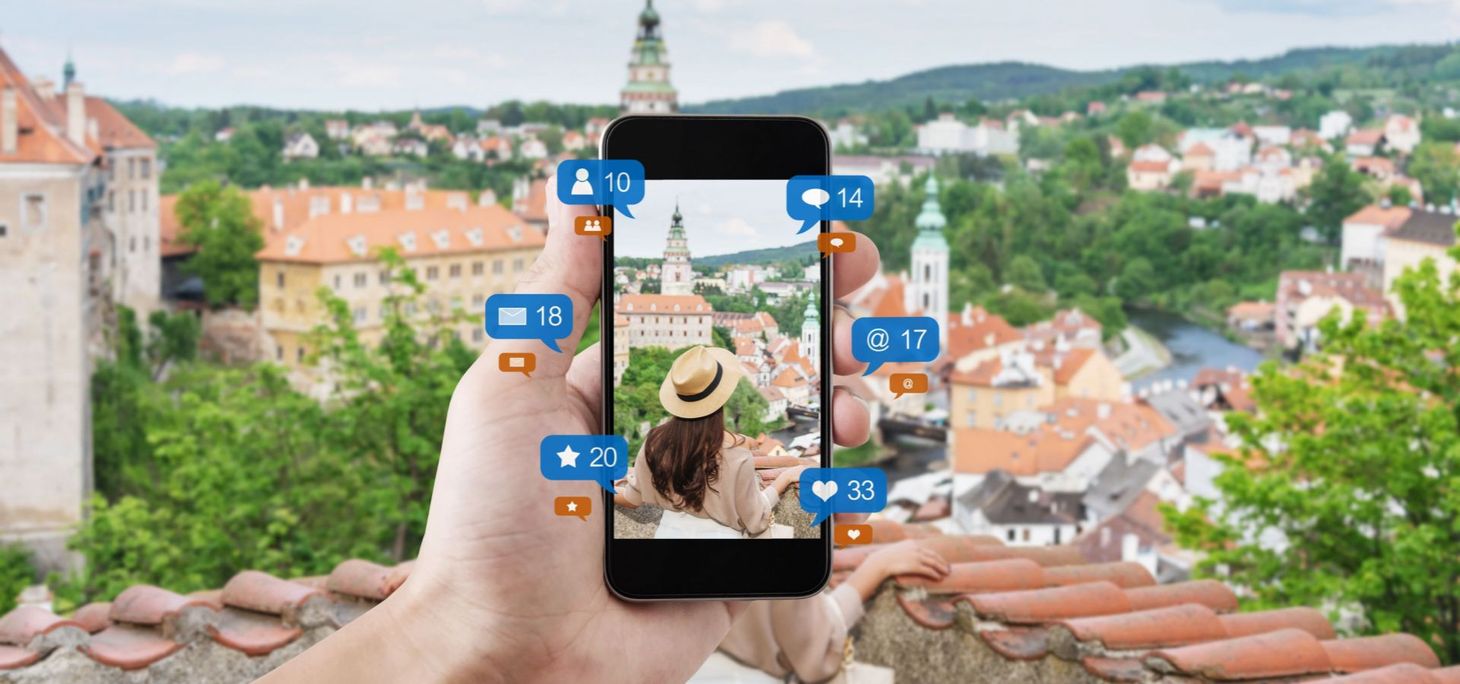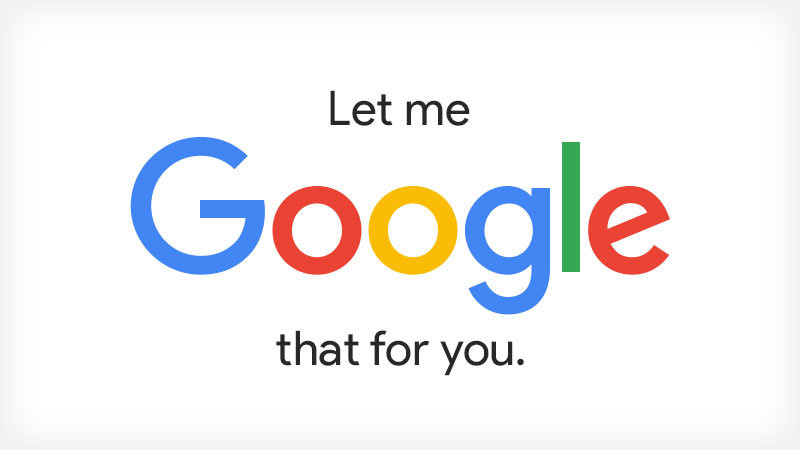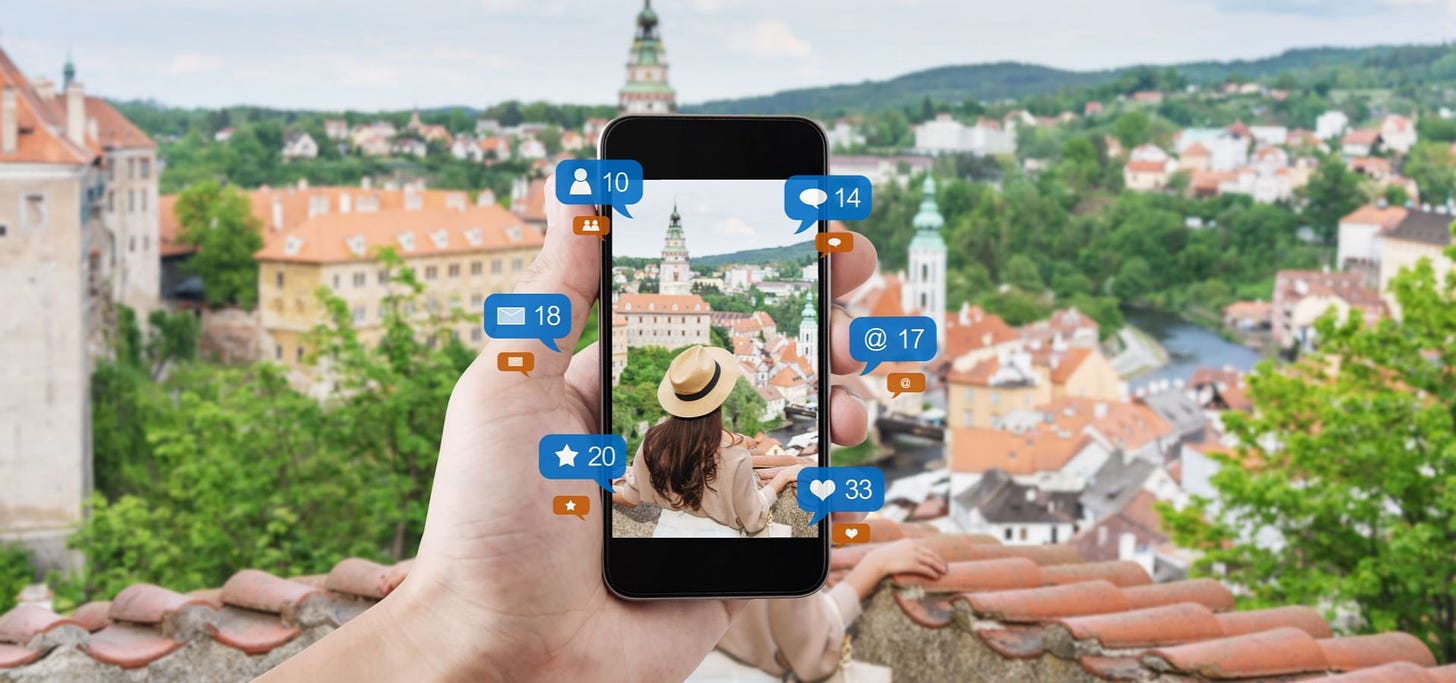The internet is changing how we think
When we do end up Googling something, our brain encodes where the information is found (the query) rather than the information itself.

It’s common knowledge that we’re reliant on smartphones and constant connectivity to navigate our modern lives. What’s less obvious is how our memory is adapting to these new information and communication technologies.
As accessing information has become easier, the internet has become an external memory system for us. Whenever we don’t know something, we instinctively turn to turn to Google to fill the gap in knowledge.
In a landmark 2011 study, researchers showed that people’s memory for the location of information was significantly better than the content of the information. In other words, we often don’t feel the need to encode information internally anymore. Why would we, when we could instantly look it up?

When we do end up Googling something, our brain encodes where the information is found (the query) rather than the information itself. You could argue that our brains have adapted to include search engines as an external memory system that can be accessed at will. Google has quite literally become an extension of our memory!
Photos are another example of external memory of one’s experiences. Another study demonstrated the photo-taking-impairment effect, where participants remembered fewer details of things they took pictures of. This definitely supports the common sentiment that social media makes our experiences less meaningful, since we remember less when we take a picture or a video.

What can we learn from this? The study also found that the memory impairment was eliminated when people paid more attention to what they were taking a photo of.
Beyond paying more attention, the researchers leave us with this:
It may be that our photos can help us remember only if we actually access and interact with them, rather than just amass them.
Friday Brainstorm Newsletter
For more, join 300+ curious people subscribed to the Friday Brainstorm newsletter. It’s one email a month with the most interesting ideas I've found related to science and health.